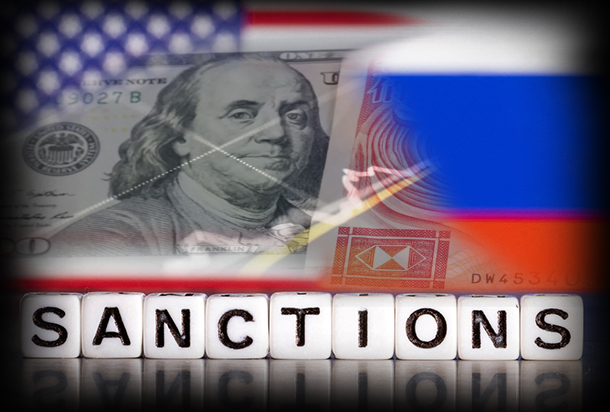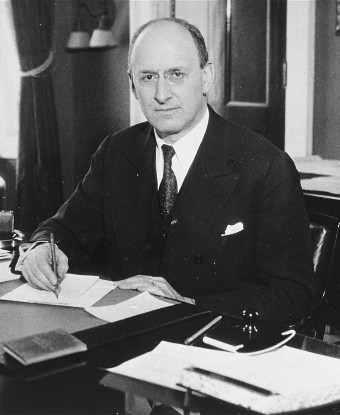from 21st Century Wire:

At a recent investment forum in Moscow, Russian President Vladimir Putin remarked on the ill-treatment the US subjects others to. At first glance, this is hardly news. Washington has an extensive toolkit that includes all types of sanctions, economic coercion, and regime-change operations to deal with its real or perceived adversaries. But in this case, Putin was commenting on Washington’s treatment of its very own allies.
TRUTH LIVES on at https://sgtreport.tv/
“In fact, the US… exploited its allies just like any other actor of the global economy,” the Russian president said.
Recent events have laid bare a strategy that has been central to US policy for decades, and now the world is increasingly taking notice.
The early seeds of exploitation

It is July 1944, and these are the words of US Treasury Secretary Henry Morgenthau. World War II had turned decisively in the Allies’ favor, and delegates from 44 countries had convened in the New Hampshire resort town of Bretton Woods to hash out a post-war economic order.
Morgenthau was instructing the American delegation to the conference, which was led by Harry Dexter White, a senior Treasury official. White fully agreed with his boss, replying: “If the advantage was theirs, they would take it.”
If the Americans clearly did hold the advantage, one might wonder which American adversary White had in mind in his reply: Who was the “theirs?” The Axis powers, presumably? No. He meant Great Britain, a close ally whose troops had stormed the beaches of Normandy side-by-side with the Americans just a few short weeks earlier – but by this time was in dire economic straits and nearly bankrupt.

IMAGE: Henry Morgenthau Jr.
It is rare to see the American approach articulated so clearly and unabashedly. Since even before World War II ended, a central feature of US policy has been to bring allies into its economic orbit – not as equals, of course, but as dependencies – and to keep them there.
If, in the initial postwar period, there was at least some legitimate benefit to adopting US-centric trade and monetary policies, as the US economy has become an increasingly indebted and financialized shell of its former self, Washington has had little to offer allies except threats and coercion.
However, maintaining discipline through a whole lot of stick and not much carrot can’t work forever, especially as a new, multipolar world forms that promises opportunities for new partnerships. The US risks, as historian Michael Hudson put it, suffering the fate of the protagonist of a Greek tragedy, who brings about precisely the outcome that he had sought to avoid.
Multilateral collaboration – the American way
Bretton Woods has long occupied a cherished place in the creation myth of the American-led ‘rules-based order’ as a shining example of collaboration among enlightened states to usher in a prosperous new world and avoid the mistakes of the [1919-1939] interwar period that gave rise to economic nationalism and protectionism – policies seen as helping the nascent Nazi regime germinate.
But the US saw the conference and the initial post-war era as a geopolitical struggle and an opportunity to dismantle the fading British Empire and roll out a new economic system that would cement the primacy of the dollar and spawn institutions such as the IMF and World Bank, which would serve American interests.
In fact, economist Benn Steil, author of the book ‘Battle For Bretton Woods,’ argues convincingly that even as the war was ongoing, the Roosevelt administration was already examining how it could turn Britain’s impending bankruptcy to its geopolitical benefit. The US, Steil maintains, was managing its financial aid to Britain carefully to get it through the war but, at the same time, limiting its room for maneuver in the postwar world. Incidentally, the US providing an ally with just enough aid to muddle through a war while turning it into a client state might ring familiar to observers of the current conflict in Ukraine.
Meanwhile, at Bretton Woods, the Americans made good on Morgenthau’s exhortation to press their advantage. They pushed through their proposal for the dollar to be pegged to gold at $35/oz and all other currencies pegged to the dollar over the British proposal, as articulated by the renowned economist John Maynard Keynes, for the creation of a neutral reserve asset called bancor that would be used to settle trade between nations.
Read More @ 21stCenturyWire.com



